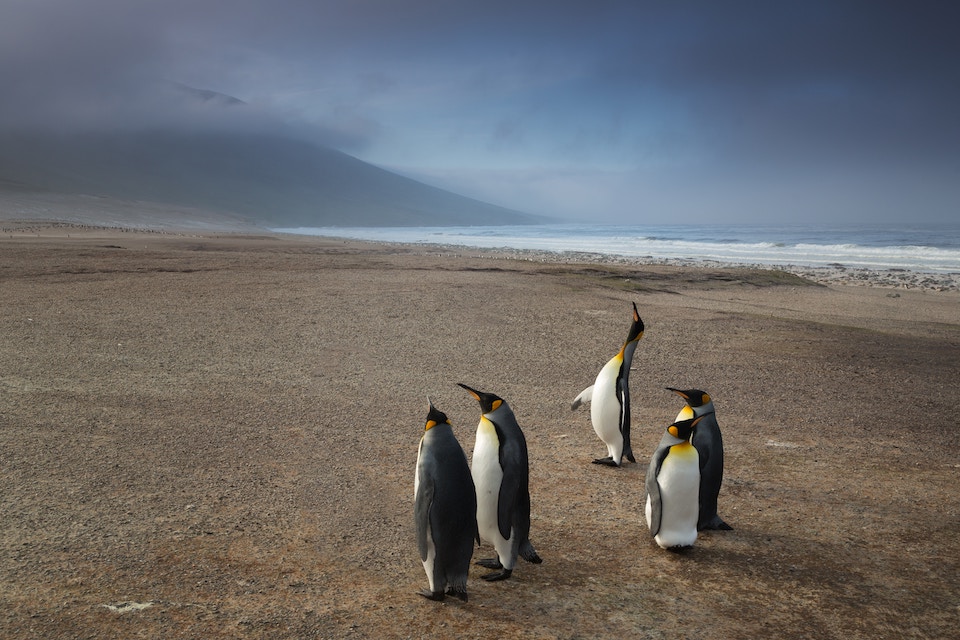Over $966,000 for climate and ecology research in Falkland Islands and South Georgia
The Science and Innovation Network in the USA helped to secure funding to pursue important research.
Documents
Details

Photo by Ian Parker on Unsplash
The Falkland Islands and South Georgia offer a rich environment for ecologists, climatologists, and environmental scientists to work together. Increasing the international scientific focus on these islands could help preserve their ecosystems, promote their unique biodiversity and enhance the territorial economy. The UK Science & Innovation Network (SIN) in the USA has leveraged relationships with US scientists to draw attention to opportunities to work in the British South Atlantic territories. As a result, international teams of UK, US and Falkland Islands researchers have won over $966,000 in funding to pursue important studies that will provide insight into the region’s marine ecosystem and yield important clues to understand the underlying climate change processes affecting the South Atlantic.
SIN builds connections between the US and Falkland Islands research communities
In Autumn 2013, the Science & Innovation Network teams in Boston, Los Angeles and Washington, D.C. teamed up to support a mission from the Falkland Islands, led by the South Atlantic Environmental Research Institute (SAERI). The object of the mission was to educate US stakeholders on the rich scientific data available to study in the Falklands and South Georgia. The Director of SAERI, Dr Paul Brickle, and Nigel Haywood, former Governor of the Falkland Islands and Commissioner for South Georgia and the South Sandwich Islands, held over 20 meetings with funders, universities, and federal laboratories. As a result, SAERI established formal partnerships with the University of Maine and Oregon State University, and is currently working to formalise relationships with Yale, Woods Hole Oceanographic Institution, and others to advance climate research in the Falkland Islands.
Landmark Pan-American Science Summit in the Falkland Islands
Following the 2013 mission, and in partnership with the Falkland Islands Government, SIN facilitated and delivered the first ever Pan-American Science Summit in the archipelago. The summit comprised workshops and field trips to Falkland Islands environments that allowed for detailed discussion on potential scientific collaborative programmes. The event provided US ecologists and climate scientists with the information and access needed to understand the unique opportunity offered by researching in the Falklands and South Georgia.
SIN catalyses new research collaborations in the South Atlantic
As a result of these two SIN-supported activities, Oregon State University and SAERI have developed a robust research partnership based on the marine ecology of the Falklands. Their work, which has won upwards of £770,000 in grant support, provided the baseline data necessary to better understand the marine environment, a pivotal step forward in marine conservation and management. Additionally, through a collaboration with US and other international institutions SAERI is proposing the establishment of a sustained, multi-disciplinary, observing campaign in sub-Antarctic South Georgia, to help answer critical questions concerning South Georgia’s unique ecosystem and also to establish South Georgia as the premier global site for studying the effects of Antarctic climate change. If successful, the project will bring together international collaborations and utilise new technologies, with far reaching implications for addressing key questions benefitting the global science community.
Contact: Ronit Prawer, Regional Director, Eastern USA [email protected]